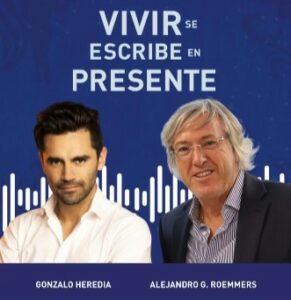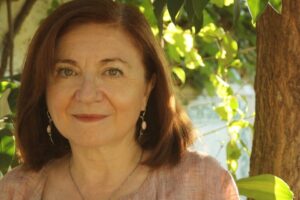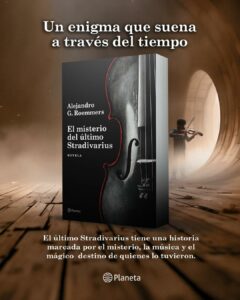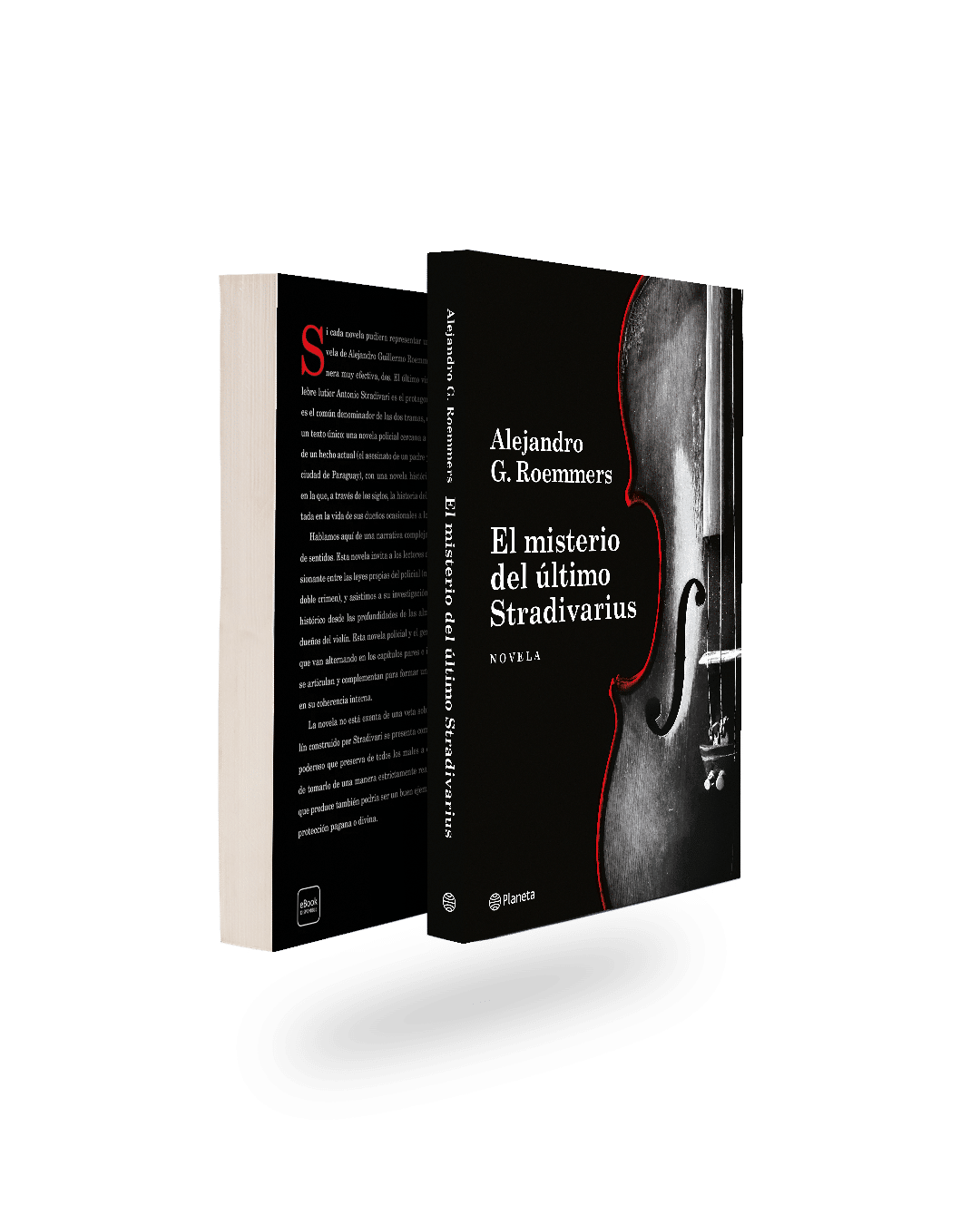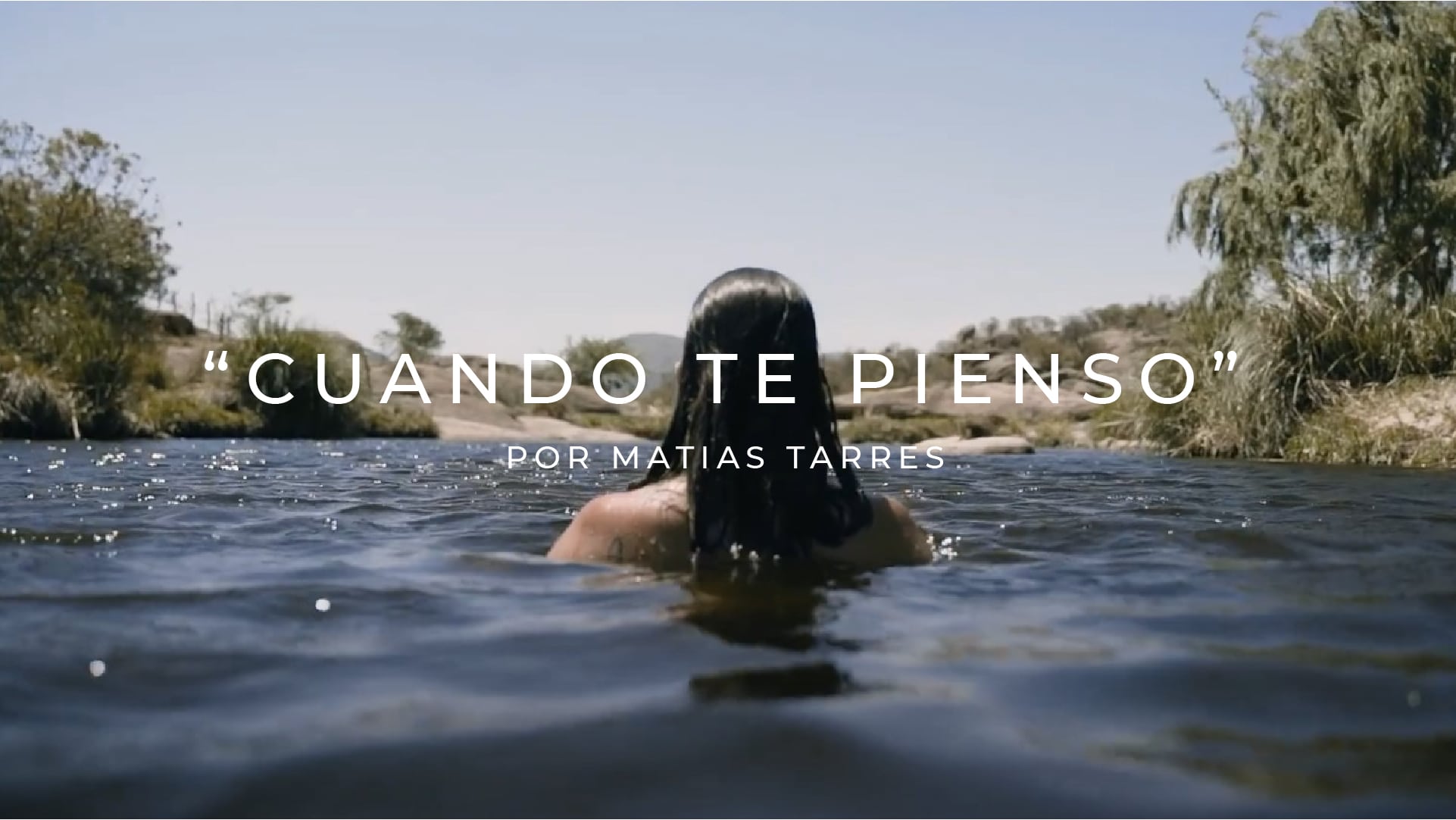The writers Elena Poniatowska and Alejandro G. Roemmers receive the Ernesto Cardenal Prize presented annually by their Foundation, from the president of the Council of State, Carmen Calvo
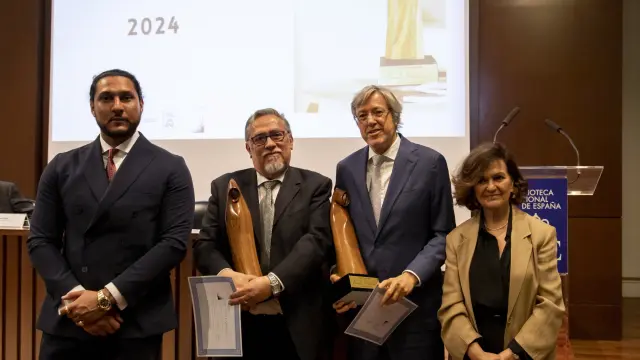
Ernesto Cardenal Awards. Juan Parra and the Ernesto Cardenal Foundation
How has he been doing Ernesto Cardenal International Foundation, for three years, established after the death of the figure of the Nicaraguan poet, priest, theologian and sculptor, following its foundations in terms of the development of cultural activities in the academic and literary field and promotion of human rights, has granted this year its awards in recognition of the work and figure of distinguished personalities in literature, the humanities, harmony and human rights. In this way, the Ernesto Cardenal Prize for Literatureto the French-Mexican writer Elena Poniatowska, and the Ernesto Cardenal Award for Concord and Human Rights to the Argentine writer, philanthropist and businessman Alejandro G. Roemmers. The delivery was presided over by the President of the Council of State, Mrs. Carmen Calvo, and the vice president and director of the Ernesto Cardenal International Foundation Don Oscar de Baltodano. There was no shortage of representatives from the most important Institutions, such as the Secretary of State for Culture Jordi Marí, and Jorge Abascal, Cultural Attaché of the Embassy of Mexico, who received the award on behalf of Poinatowska who, given the impossibility of traveling for health reasons , entered the event with an emotional message. Upon completion of the delivery, the painter Luis Moro, Castilla León Plastic Arts Prize, he made a small visual tribute to the author’s books and his interpretation of the work of Poniatowska, of whom he is a great friend and collaborator.
These activities are part of the exercise of recognizing in others, as Ernesto Cardenal preached, the literary, human and excellence values that would make us grow together with others. Activities that address the commemorations of the centenary of the birth of the Central American author, one of the most important figures of the past 20th century and the beginning of the 21st century in literature, theology and humanities. Distinctions that have previously gone to personalities of art, culture and humanitarian work such as Father Angel, in the category of Concord and Human Rights, which has only two editions, or the filmmaker Pedro Almodovarand the academic Luce López-Baralt, in the literary category, which has been in this three editions. The awards have been awarded within the framework of the National Library, on Thursday, May 16, 2024.
Regarding the winners, it must be said, briefly, that Elena Poniatowska is a renowned Franco-Mexican writer and journalist, whose work is key to understanding the history of Mexico in the second half of the 20th century. Poniatowska is also an example of modern feminism, having rescued classic writers from oblivion following her maxim: “The greatest act of feminism is talking about other women.” Proof of this maxim are emblematic works such as “Leonora” which won the Seix Barral Brief Library Novel Award, and which details the stormy and passionate life of the surrealist painter Leonora Carrington, or the novel that opened the doors of recognition of Latin American literature, Until I see you, my Jesus, about the life of Jesusa Palancares, one of the most emblematic women in America. The author has been recognized, among many other awards, with the Cervantes Prize in 2013, and has established relationships of collaboration and critical debate with great figures such as Leonora Carrington herself, Octavio Paz and Álvaro Mutis, whose extensive correspondences have been published. Her enormous contribution to Latin American literature, both in poetry, essays, novels and in the debate on language and literature, has made her worthy of the Ernesto Cardenal Prize for Literature. Alejandro G. Roemmers, is a renowned businessman who brought the debate on the need to humanize the company to reality. He was concerned about helping to grow and improve the lives of his workers, as well as getting involved in the need for the company to take care of not generating impacts on the environment when no one was still talking about this, about the ecological and climate footprints, nor of corporate Social responsibilities, already in the early 80s. Argentine poet, narrator, playwright and composer whose book The return of the young prince, what It has been an international success, and now its continuation The young prince points the way, They are two outstanding works of his production, which in the wake of the values of Christian humanism, in the wake of the Little Prince of Atoine de Saint-Exupéry, reveals his most committed and pedagogical thinking in a world in which he places his hope for change in the younger generations. It is his philanthropic work that has been recognized in these awards, as it was last year with the San Francesco Prize at the Pontifical University Antonianum. His closeness with Pope Francis has influenced putting ecology at the center of concerns, as well as the message of welcoming LGTIBI+ emotions within the message of love of the current Church of this Pontiff. There are many causes in which he collaborates with different NGOs, institutions and organizations, ranging from the work of Fray Jorge Bender in Mozambique to the home of Nazareth in the Peruvian Amazon, and a special dedication to food assistance in the poorest peripheries of the Argentina. For all these merits, which encompass the transversality of the humanities, philanthropy and its most practical action to improve and enrich the lives of many people, it has been championed by this Ernesto Cardenal Award for Concord and Human Rights.
The event, in which none of the institutional representations of the state, the Community of Madrid or the City Council were missing, either at the presidential table, or in the public, as in the case of the deputy for the Madrid Assembly and plastic artist , Marta Marban de Frutos, consolidates these awards as a benchmark of excellence in the international intellectual panorama and in our country. In the entire auditorium of the National Library of Spain, representatives of culture, art, politics, civil society and the media, such as poets Jorge Pozo Soriano, Sandra Camille Bruno, or Alberto Luis Collantes; the actress Victoria Vera journalists Amelia Castilla, Luis Magán, Beatriz Pérez-Aranda or Josefina Grosso; the vice president of the Vargas Chair Llosa, Álvaro Vargas Llosa; the secretaries of the Libertad Foundation and the Vargas Llosa Chair, Gerardo Bongiovani and Edgardo Ronda, respectively; the Viscount of Amaya, Hernando de Orellana Pizarro, president of the Obra Pía de los Pizarros Foundation; Manuel of Morales and of Bourbon and Carla Royo Villanova,, the writers Alejandro Sanz and Asuncion Garcia, presidents of the Association of Friends of Vicente Aleixandre; the writer and film director Irene Zoe Alameda, or Father Ángel, among others. Preceded by a round table at the Pontifical University of Comillas, within the Iberdrola Chair directed by Doctor José Luis Fernández Fernández, and the participation of Elisa Yarte Fernández-Escandón, responsible for Iberdrola Sponsorships, Severiano Solana, general director of strategy and sustainability of Caixabank, the general director of the Ernesto Cardenal Foundation, Óscar de Baltodano, and the businessman and writer Alejandro G. Roemmers. At that previous table, culture, humanities and Corporate Social Responsibility were discussed, with a large audience, such as the designer Agatha Ruiz de la Prada, the philosopher and writer Carmen Guaita, the writer and son of the poet Luis Rosales, creator of Cuadernos Hispanoamericanos, and the Hispanic Culture Centers throughout Latin America, as well as a large group of students from the José Ortega y Gasset Secondary Education Institute for advanced training, led by their teachers, especially the poet and teacher Conchy Blesa, among others. These already benchmark awards, an obligatory event for culture and civil society in Madrid, combine culture, creation and humanities, in that concept so necessary against excessive egos that is that of harmony: putting a heart in harmony with another heart. Carmen Calvo, in a magnificent speech that closed the event, stressed how “in a violent world like the one we live in, the figure of poets was fundamental, which is why they were rewarded in this event, as ethical and human references.” Or as Ernesto Cardenal himself would say, “poetry is an act of love,” and “Love is knowing that one is no longer one but two, and that one is incomplete without the loved one. And it is not only thinking about the person you love all the time, but also feeling that you can no longer be separated.”

